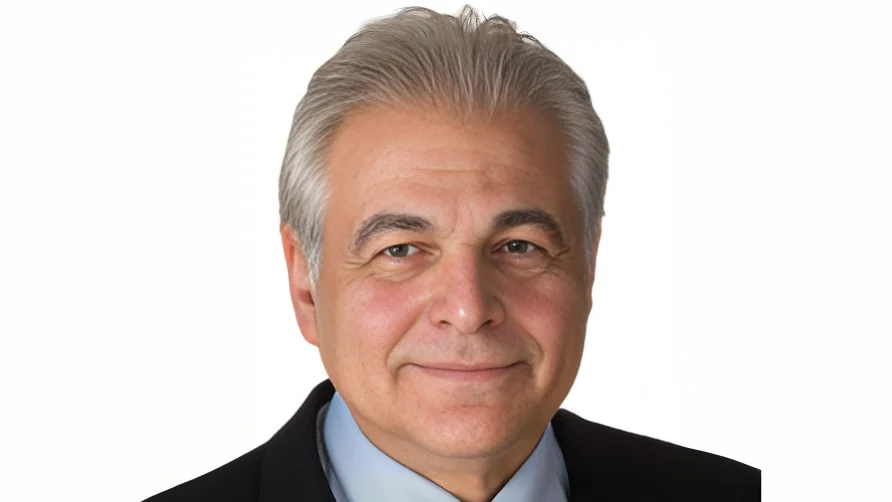To paraphrase Paul Simon, there are fifty ways to trick the taxpayer when it comes to paying for stadiums and studios.
One tactic for limiting public input is enabling the legislature to pass a stadium bill with fewer votes than usual. Typically, a major subsidy to infrastructure in Nevada requires a two-thirds majority vote from legislators. Governor Lombardo proposed a bill for the Athletics' stadium that would require only a majority vote because it supposedly did not directly commit tax revenues. However, this provision was more apparent than real, as bonds floated by the government must be paid off by taxpayers.
Another strategy involves delaying controversial bills until the end of the legislative session when public commentary is less likely. The bill for the Athletics' stadium was delayed until 11 days before the end of the 2023 session, several weeks after Assembly Speaker Steve Yeager had indicated time was running out. "Until we know what the proposal is, and what the economic impact might be to the state, it’s just really hard to say whether that’s something we’re going to move or not," said Yeager in early May.
A common approach is hiring celebrities to promote stadium projects. Sony Pictures Entertainment and Howard Hughes Holdings hired actor Mark Wahlberg, a Las Vegas resident, to advocate for their Hollywood 2.0 movie production site rather than explaining their subsidy scheme.
Public input can also be pre-empted by law. Nevada exempts professional sports teams playing at home from the Live Entertainment Tax, which is otherwise 9% of admission charges. This exemption means there is no discussion about using admission tax revenues since there is no admissions tax.
The lack of public input into financing Allegiant Stadium may explain why Nevada continues to pay off its construction costs four years after opening. The state committed $750 million to the $1.9 billion project.
Oakland sports fans criticize the Athletics for securing over $620 million to expand and renovate Oakland Stadium in 2023 before planning their move to Las Vegas. Consequently, other cities are not eager to court them.
Steve Hill, CEO of the Las Vegas Convention and Visitors Authority and chairman of the Las Vegas Stadium Authority, stated that if Lombardo's subsidy fell through, "the A’s will look for other cities." Victor Matheson, former editor of Journal of Sports Economics, noted: "The fact that anyone in [Nevada] gave them a dime when the team has literally nowhere else to go is the worst bargaining in the world."
Proponents of exempting Athletics' projects from competitive bidding argue it saves time given few contractors can build such facilities. However, even with limited bidders, competitive bidding could reduce contract costs significantly.
Stadium investments often skew income distribution by shifting funds from labor-intensive sectors like restaurants towards highly-paid athletes in professional sports.
Las Vegas residents remain skeptical about stadium competition benefits; an Emerson College poll showed most respondents opposed the proposed A's stadium. Similarly, Kansas City voters rejected renewing a sales tax intended for subsidizing local sports teams' stadiums.
Subsidies typically generate no net income for the public while diverting funds from essential services like education and healthcare. Ensuring public participation in forming such policies could prevent misguided decisions driven by lobbyists and billionaire team owners' interests.


